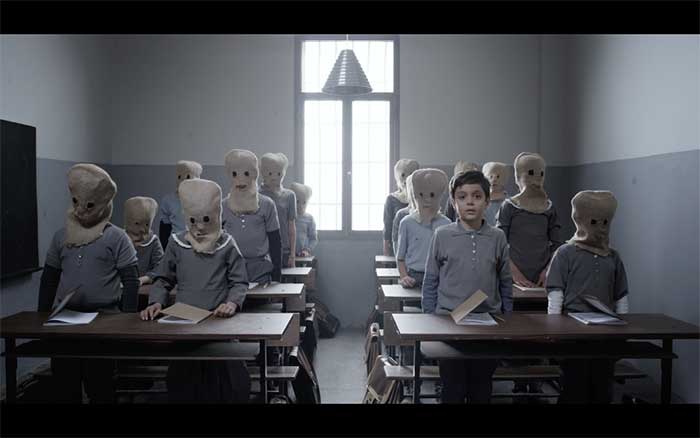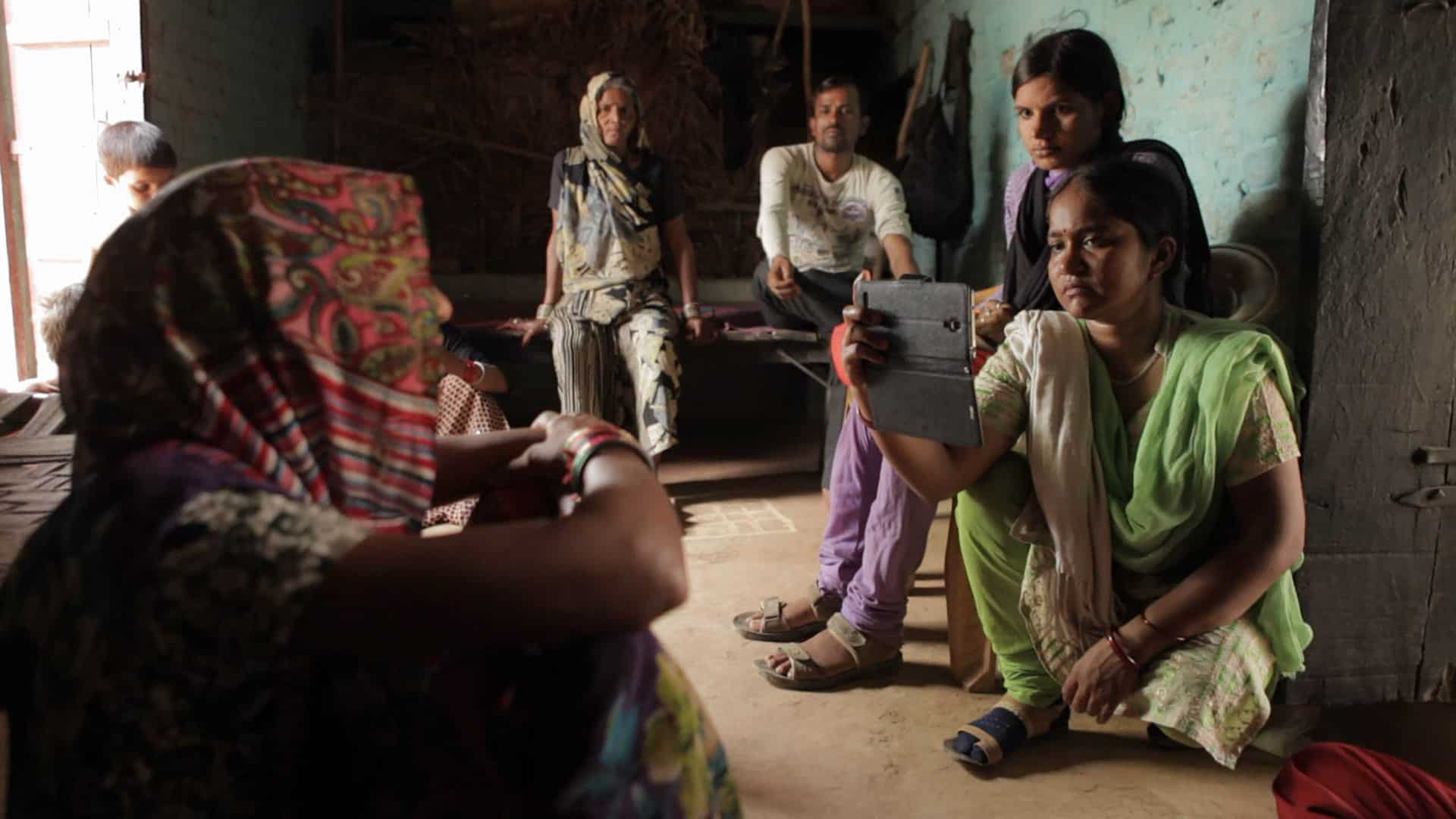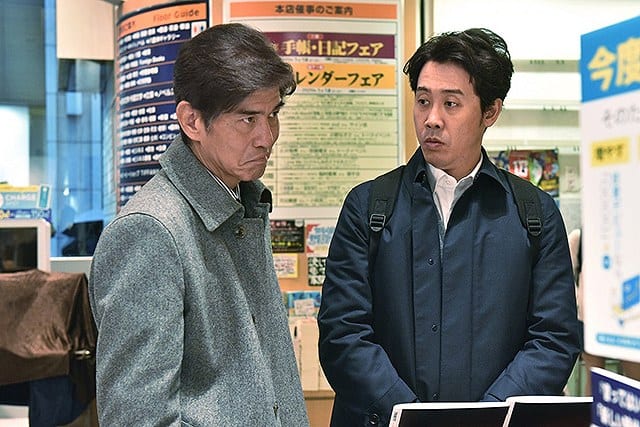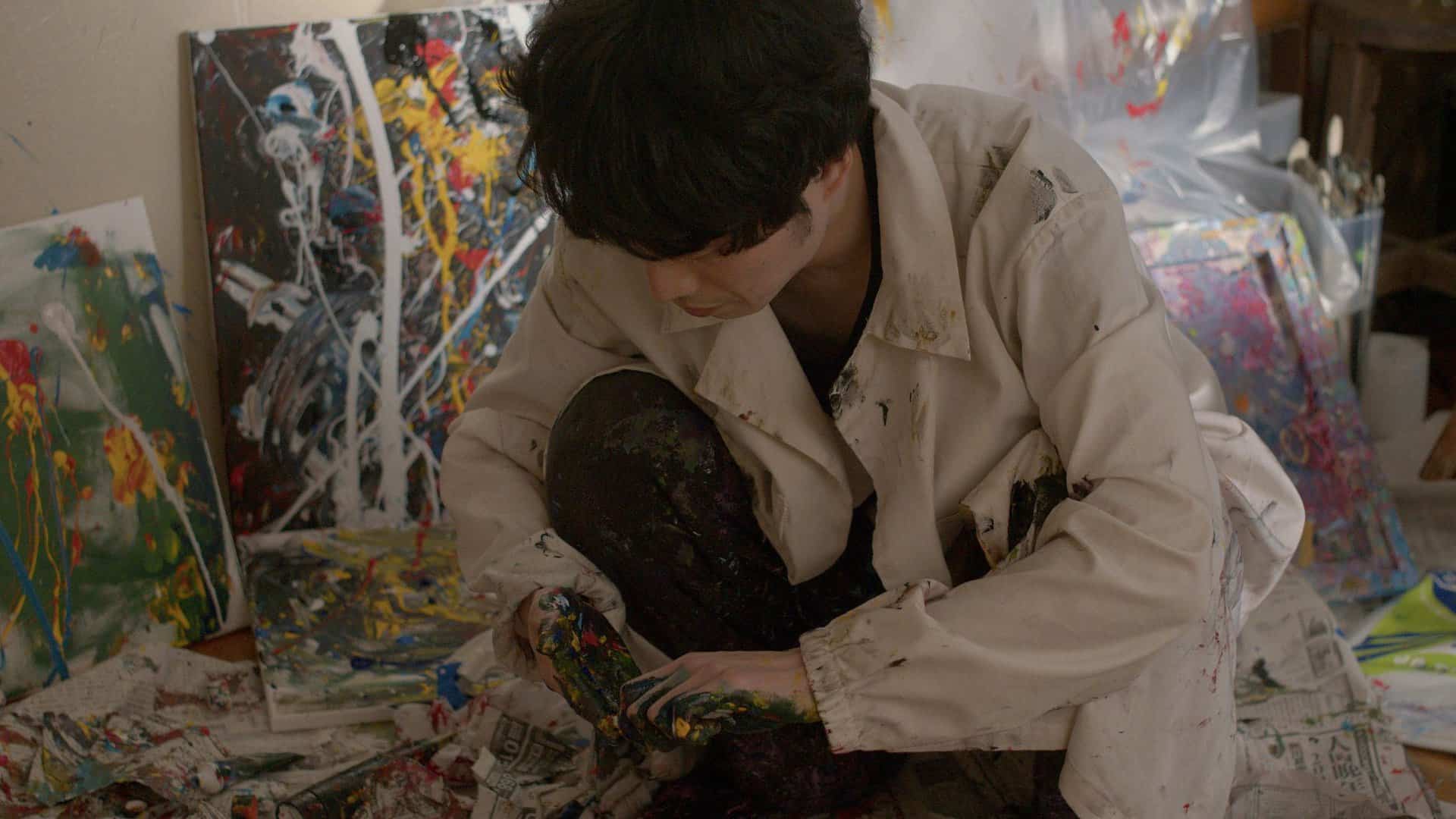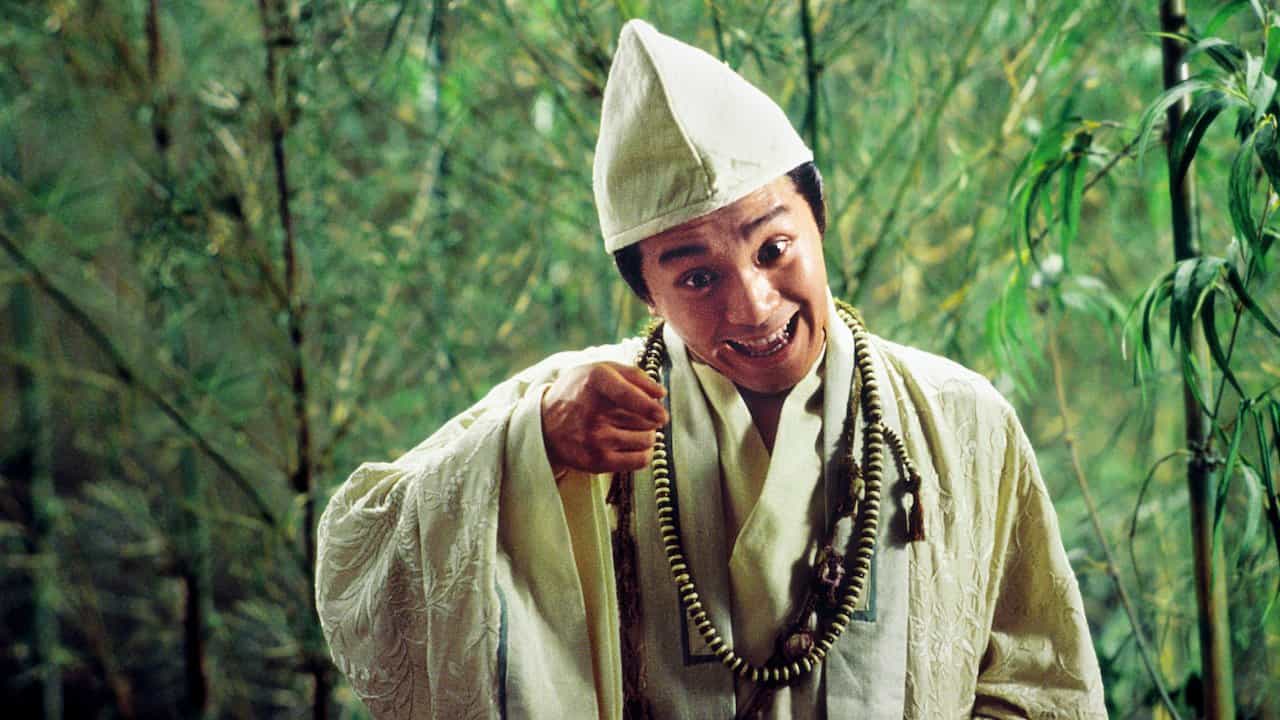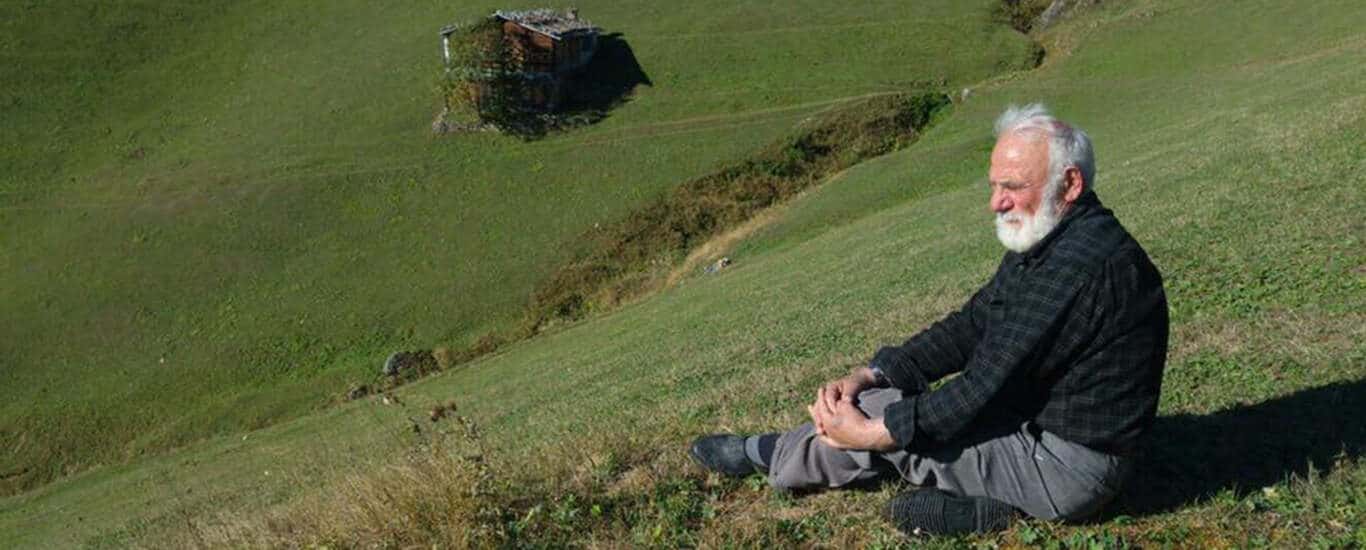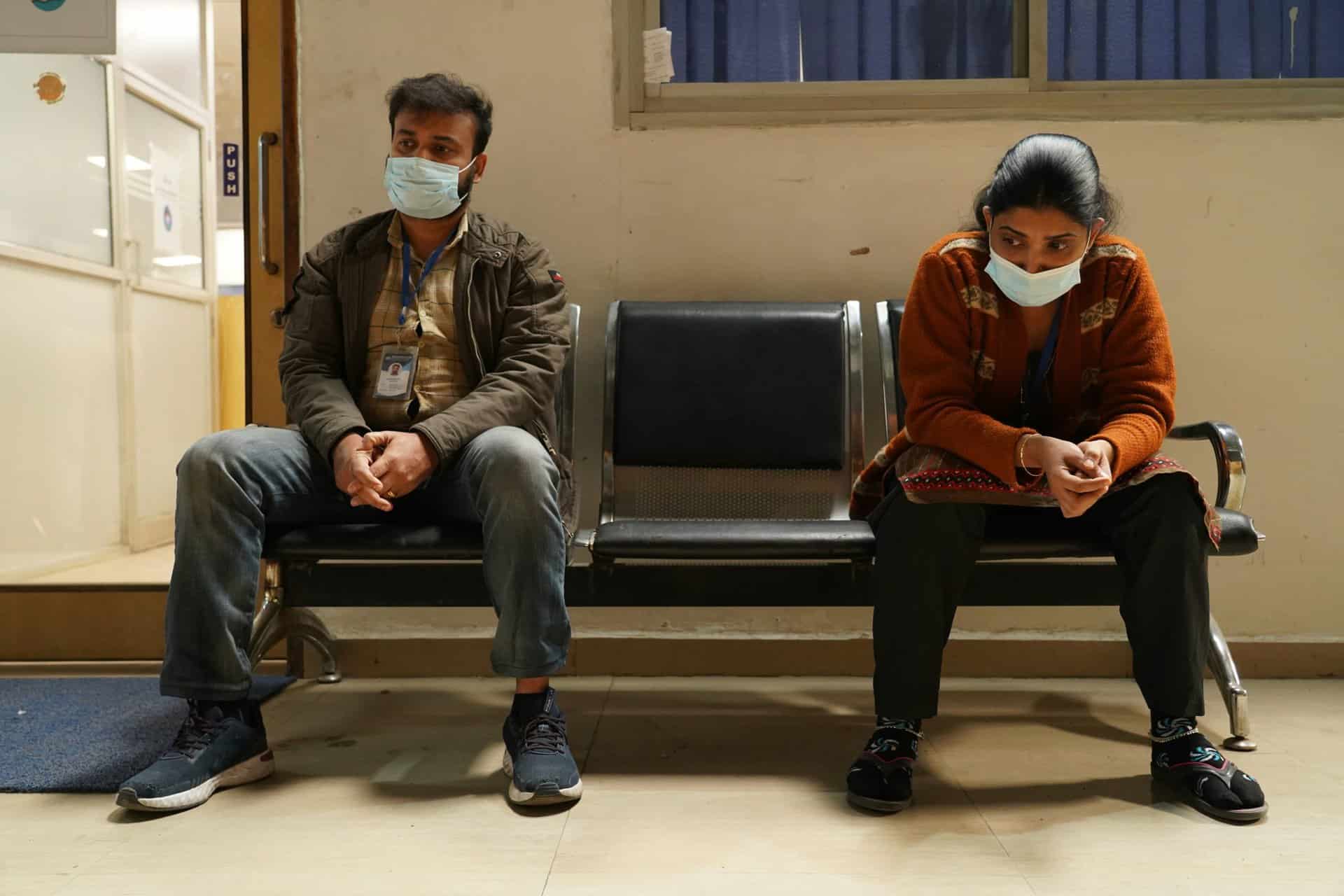Ever since such novels like “1984” or “Brave New World”, the concept of dystopia has been used to make provocative statements about out present, at times even our future, predicting technological, economic or political developments which shape our society. While regarded as mere fiction or exaggeration at the time of their release, in the years 2021 many might find certain passages in the aforementioned stories almost prophetic, resulting in whether the majority of us have merely accepted losing part of their freedom or independence, or whether political systems have found a way to make us accept certain measures under the pretense of securing our safety or other aspects of our lives. Given the rise of certain ideologies and repressive political systems in many Asian countries, many artists have experimented with dystopian landscapes, such as Lav Diaz in “The Halt”. In her short feature “Elpide” director Gaelle Azzam also tells the story set in what seems to be the future, and which deals with issues like individuality, expression and repression.
Elpide is screening at ALFILM

The story of “Elpide” takes place in an unknown country, within a closed community where wearing masks has become mandatory from the age of eight. Possessions outside the ones needed for one's job or daily needs are prohibited, resulting in all citizens bringing items they have accumulated to an office of the state. Elpide is a young boy about to turn eight, and he is the only pupil in his class who is still not wearing a mask. However, as his parents prepare him for the ceremony during which he finally receives his mask, making him one of the community, the young boy seems to have his doubts about what is going to happen.
Similar to many dystopian stories, “Elpide” achieves a distinct effect through abstraction. As the world of the feature essentially is without any colors (as they seem to be prohibited), the resulting lack of individuality makes pinpointing a certain culture or country impossible. At the same time, the fact people have to wear masks all the time, except in their own homes, strips them away of their individual nature, making them equal in a way, but also quite irritating and disturbing to the viewer. The first images of a classroom with the students all wearing these admittedly creepy masks is a very frightening sight, an impression which is emphasized the moment they start to speak and the viewer does not know who is speaking at the moment.

However, despite its abstract visuals, “Elpide” seems to hint at perhaps the most recurring theme in dystopian texts nowadays, which is the decision between the individual and the community. While it is clear Elpide will remain an outsider if he refuses to wear the mask or show signs of individuality (such as his habit of collecting colorful stones), Azzam's script leaves no doubt about the way he is forced into giving up an essential characteristic of what makes him unique. There are distinct hints at the unforgiving nature of the society Elpide and his parents live in, its system of punishment when it comes to diverting from the rules of the community. This is a rather powerful concept, which “Elpide” executes effectively, especially due to the acting and its cinematography heightening the idea of cruel punishments and perhaps even torture going on behind the monotonous white walls of the city.
In the end, “Elpide” is a very disturbing, dystopian feature. Gaelle Azzam does not hint at the specific culture or nation, making the abstract and at the same time universal nature of the story all the more effective and irritating to the viewer.


